Artificial Intelligence (AI) has played a pivotal role in shaping the evolution of social media. From simple content sorting to advanced content creation and personalized experiences, AI has become deeply integrated into how we communicate, share, and engage online. Understanding the history of AI in social media helps us see how far these platforms have come—and where they may be heading next.
What Is the Role of AI in Social Media?
AI in social media refers to the use of machine learning, natural language processing, and data analytics to automate, enhance, or personalize user experiences. Whether it’s content recommendations, smart filters, or chatbots, AI has revolutionized how users interact with content and with each other.
Timeline: Key Milestones in the Use of AI in Social Media
Early 2000s – The Birth of Social Media and Simple Algorithms
When platforms like MySpace, Friendster, and Facebook emerged, AI was used mainly for basic content filtering and sorting, such as determining which posts appeared first on a user’s feed. The algorithms were relatively simple and rule-based, with little personalization.
2010–2015 – Rise of Machine Learning and Personalization
As user data grew exponentially, platforms like Facebook, Twitter, and LinkedIn began using machine learning to analyze behavior and personalize content feeds. The infamous Facebook “News Feed” algorithm evolved to show content based on likes, shares, and interactions.
This period also saw:
- Hashtag trend detection on Twitter using NLP
- Spam detection using AI classification algorithms
- Facial recognition for tagging friends in photos on Facebook
2016–2019 – AI Goes Visual and Conversational
AI began handling more complex tasks, such as:
- Image and video recognition for automatic tagging and content moderation
- Chatbots and AI-powered customer service on platforms like Facebook Messenger
- Instagram filters and AR effects powered by AI models
AI also powered sentiment analysis to track public opinion and emotions in comments, reviews, and posts—tools widely adopted by brands and influencers.
2020–Present – Generative AI and Deep Personalization
The latest wave of AI includes deep learning and generative AI:
- Content generation tools create captions, hashtags, and even visuals using platforms like GPT and DALL·E
- TikTok’s For You Page uses powerful AI to predict what users want to see next with incredible precision
- AI influencers and avatars (like Lil Miquela) blur the lines between human and machine-generated personas
- Advanced moderation tools detect hate speech, nudity, and misinformation in real-time
Impact of AI on the Social Media Experience
Personalized Feeds
AI tailors your timeline, suggesting content you’re most likely to engage with, increasing user retention.
Automated Content Moderation
AI helps platforms scale content review, keeping harmful content in check.
Influencer Marketing and Insights
AI analyzes trends, demographics, and performance data to guide brands and creators.
Enhanced User Engagement
Features like auto-captioning, real-time translation, and smart replies make platforms more interactive and accessible.
Conclusion
From basic algorithms to powerful generative tools, AI has been at the heart of social media’s transformation. It has not only changed how content is curated and moderated but also how it is created and consumed. As AI continues to evolve, its role in shaping the future of social media—ethically and creatively—will only grow deeper and more influential.


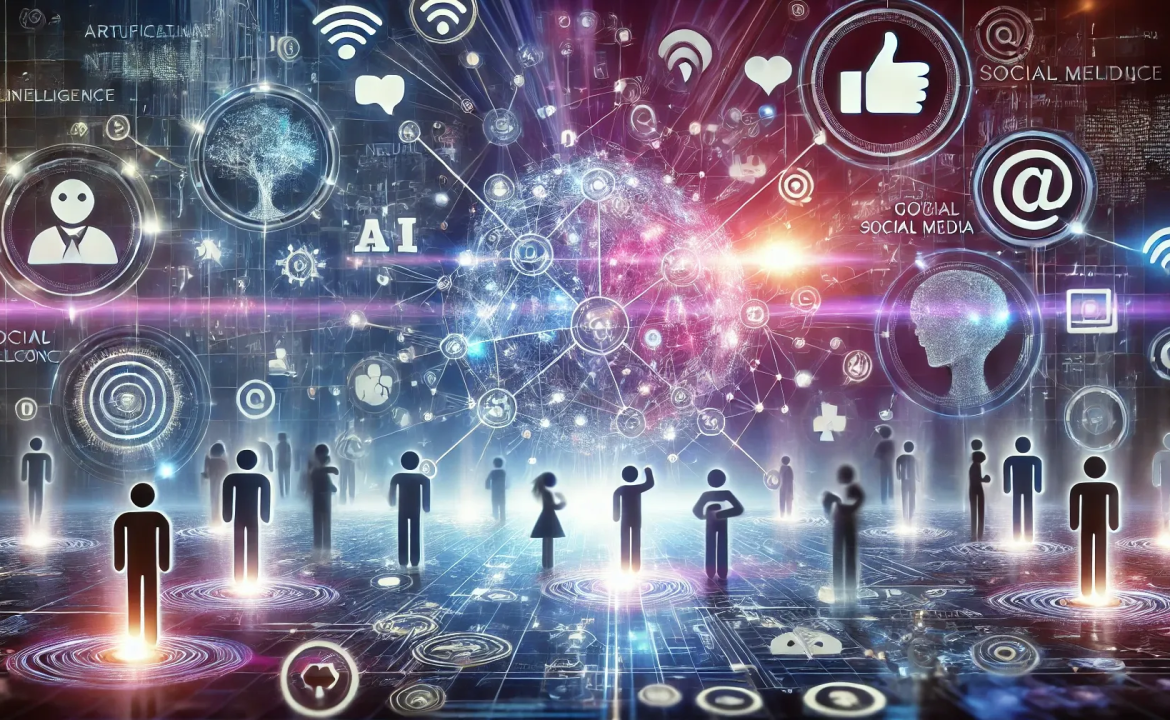
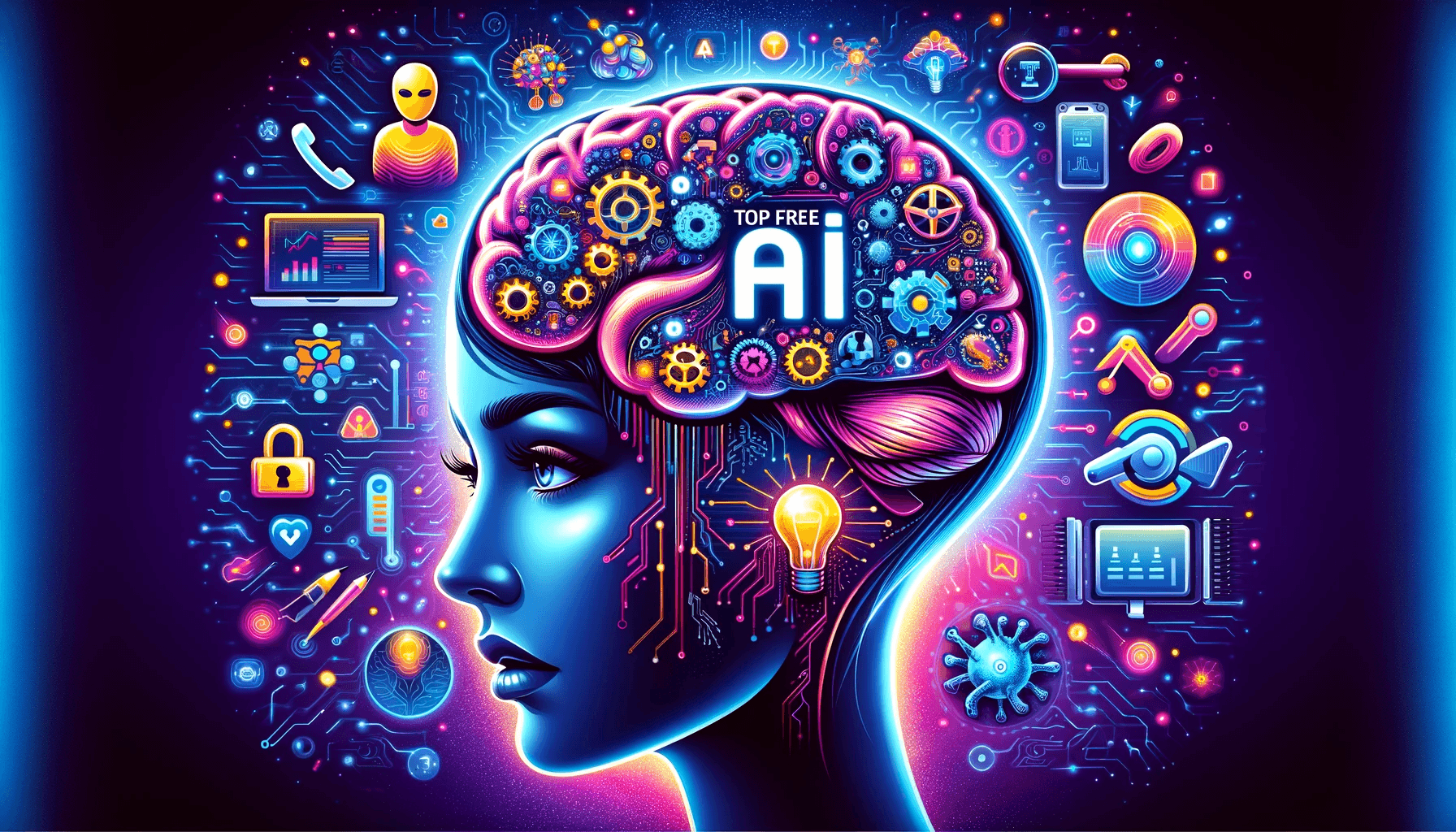
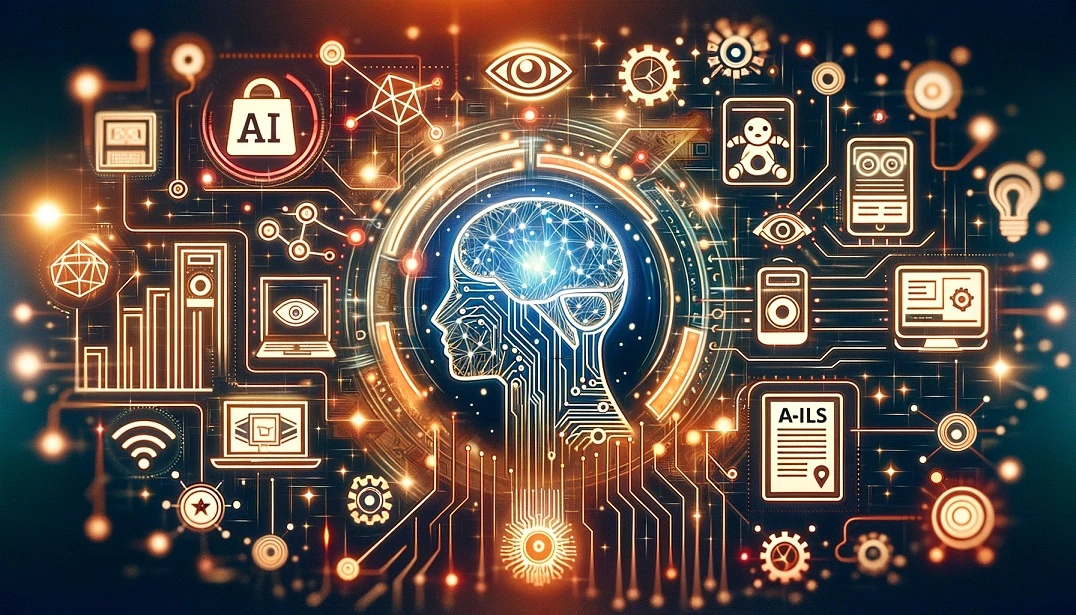
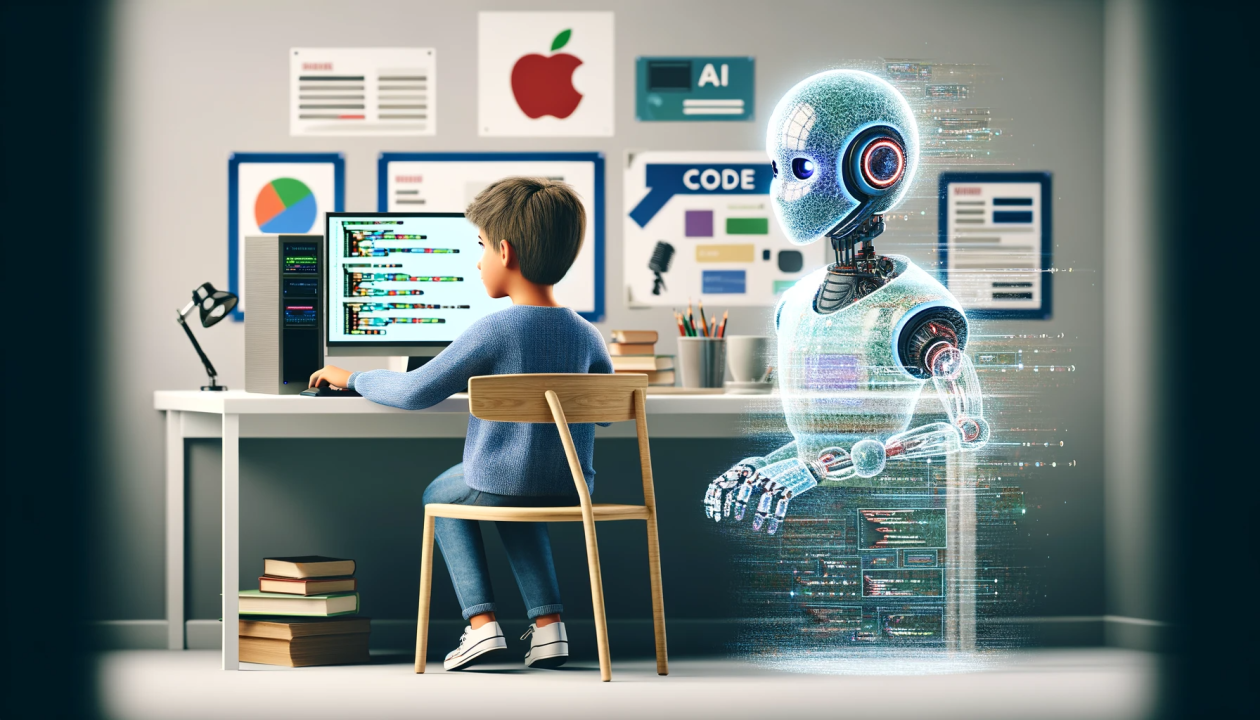
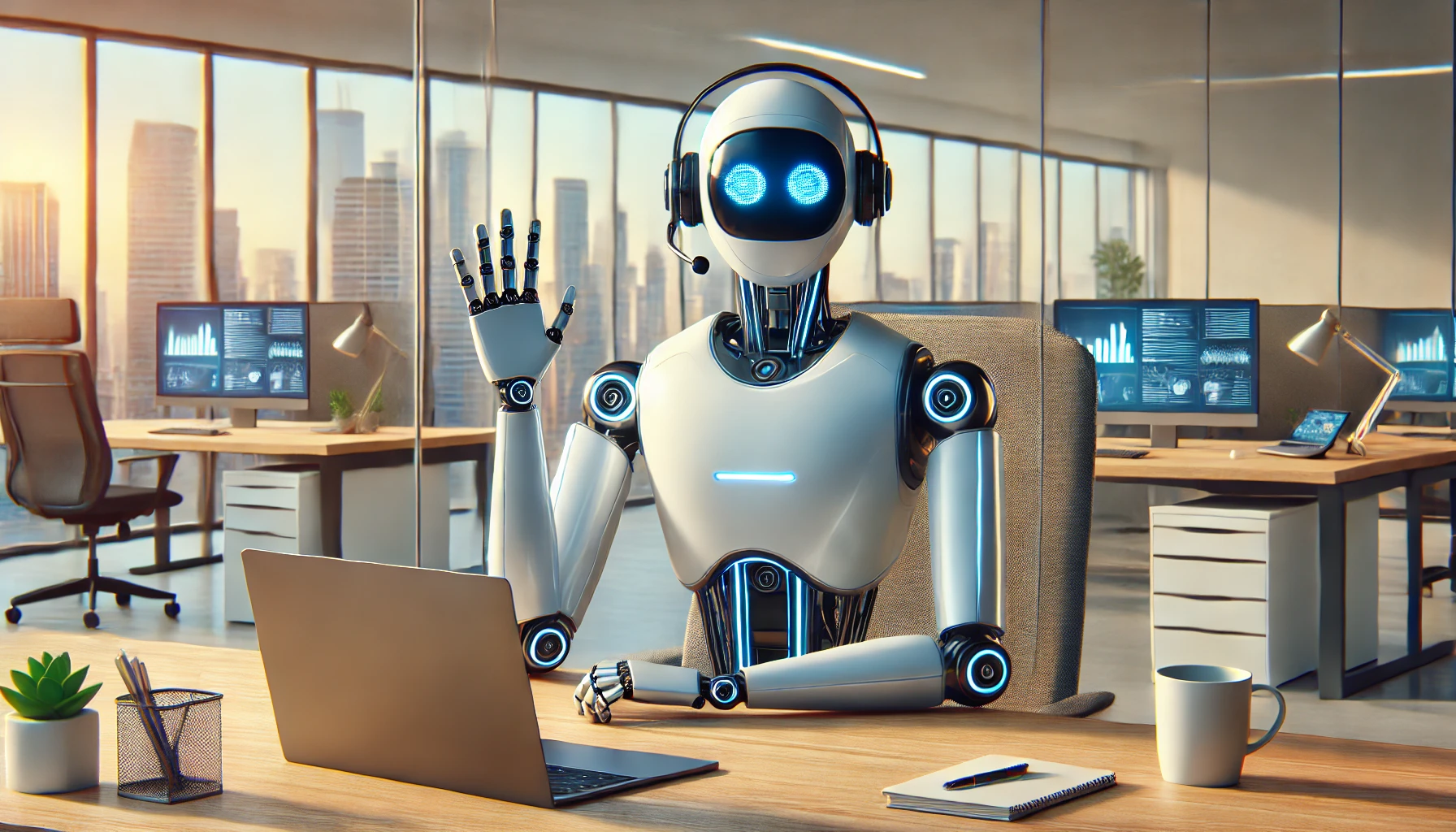
Leave feedback about this